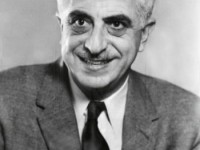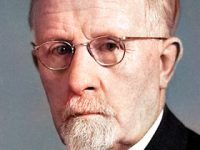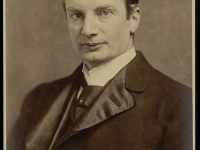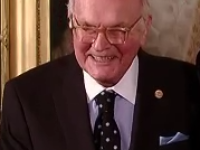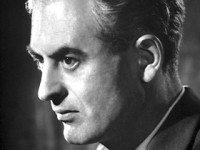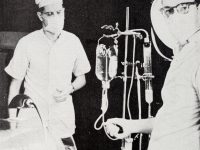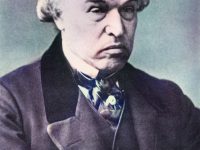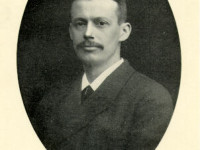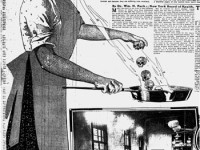Gregory Pincus and the Contraceptive Pill
On April 9, 1903, American biologist and endocrinologist Gregory Goodwin Pincus was born. Pincus’ work on the antifertility properties of steroids led to the development of the first effective oral contraceptive: the birth-control pill. Gregory Pincus – Youth and Education Gregory Pincus was born in Woodbine, New Jersey and received a bachelor’s degree in agriculture from Cornell University. He became an instructor in zoology at Harvard University while also working toward his…
Read more

